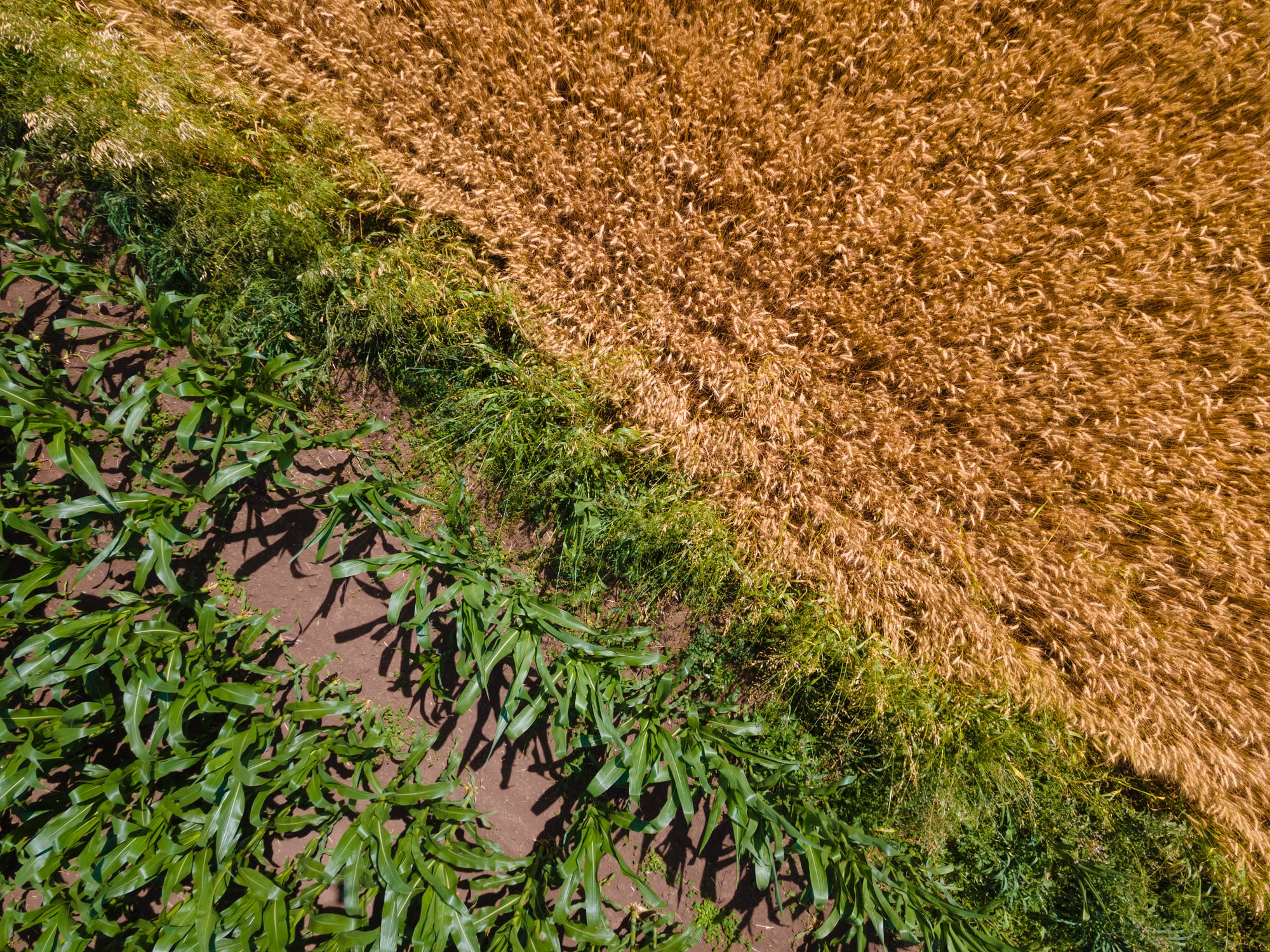Bayer is moving beyond carbon farming in Europe, opting instead for value chain interventions that align with the evolving priorities of major food brands.
It works with food brands and their supply chains, including Perdue Agribusiness, PepsiCo, ADM, and Mars Petcare, to support regenerative agriculture practices and lower their climate footprint.
The strategy “makes a ton of sense” for the big food companies, Alexandre told AgTechNavigator at the recent World Agri-Tech Innovation Summit in London.
“Carbon is no longer the only focus. Companies are now looking at biodiversity, water management, and soil health – and that’s what our portfolio delivers.”
This approach allows Bayer to tailor regenerative agriculture solutions to the specific crops and sourcing regions of each food brand, ensuring interventions are both feasible and impactful.
Matching crops, countries, and potential
The model begins with a feasibility study based on crop type and sourcing geography. “A grower in Spain may already be farming more sustainably than one in France,” Alexandre explained. “So the potential for regenerative impact varies by country.
“If we manage to get better soil resilience, we also solve the problem of sourcing for these companies,” he said. “They can secure their sourcing for the next 10, 20, 30 years.”
Farmers face real-world pressures
While food brands are eager to future-proof their supply chains, farmers face immediate challenges. “In Hungary, we’re working with growers who’ve endured four years of drought,” Alexandre said. “When you talk about long-term benefits, their reaction is: ‘I need to survive tomorrow.’”
To ease the transition, Bayer advocates a gradual approach. “We don’t ask farmers to change everything overnight. Go step by step, scale by scale.”
He added: “The biggest hurdle we must overcome is definitely to make sure that we find the right match to be able to create the best value for everyone. If we generate the wrong match, we won’t have the food chain that will be eager to pay the right person.”
Measuring success: yield, soil, and support
Regenerative practices improve soil health and water stress management. Yield remains the key metric for farmers. But adopting different pracruice can bring upfront costs.
Bayer therefore also collaborates with partners like ADM in Europe to financially compensate farmers who adopt regenerative agriculture practices – such as cover cropping, low/no-till, optimized fertilisation, and crop rotation, measured and verified using Bayer’s digital capabilities.
“Farmers must be paid for the cost of transition,” Alexandre emphasized.
A mindset shift and end-to-end solutions
Alexandre stressed that regenerative agriculture requires a mindset shift – not just among farmers, but across the entire value chain. Bayer is investing in partnerships with leading tech and soil labs, including Trinity Architect, to ensure credibility and scalability.
“We need to accept that we are talking about a different way of farming, so we need a shift of mindset,” he said. “We also need also to be sure that we’re able to bring end to end solutions and integrate the technology because if we don’t bring the grower the right tool to measure, to report, to verify what they are doing you lose credibility.”
Bayer’s ability to rapidly penetrate new markets – thanks to its agronomic expertise and local grower networks – gives it a unique edge in scaling regenerative projects across Europe
“Our goal is to bring end-to-end solutions,” he said. “That’s how we create real value – for farmers, food brands, and the future of European agriculture.”


